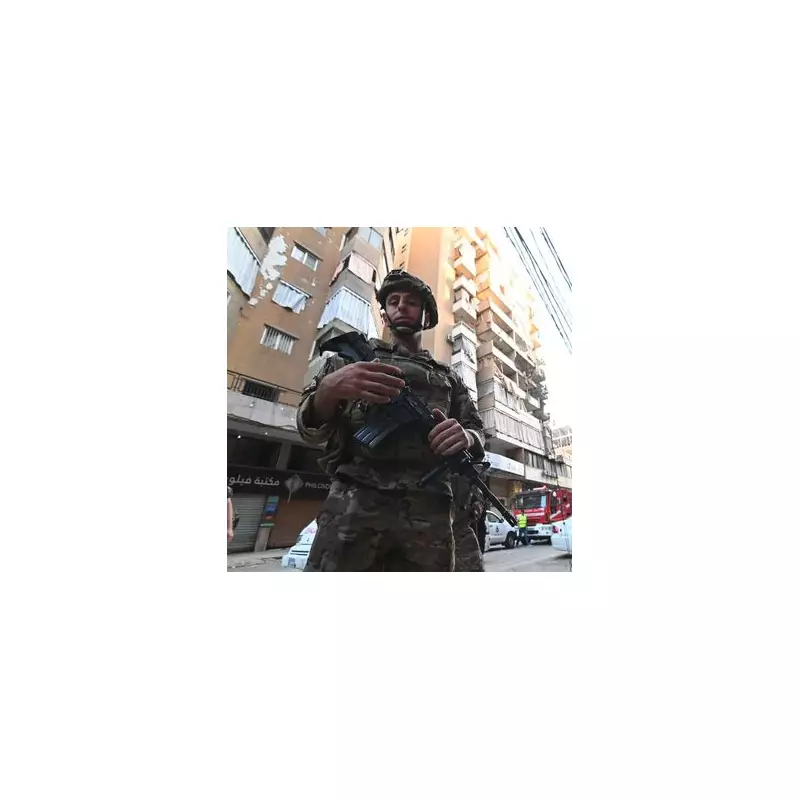
In a significant escalation of Middle Eastern conflict, Israel launched a substantial air strike on southern Beirut over the weekend, directly breaching a shaky year-long ceasefire agreement with Hezbollah. This aggressive move, the first Israeli attack on the Lebanese capital in months, signals a dangerous new phase in regional hostilities and serves as a stark warning to Iran.
A Major Escalation and Its Immediate Aftermath
The strike targeted an apartment building in the densely populated Dahieh district, resulting in significant casualties. Most notably, the attack killed Hezbollah’s Chief of Staff, Haitham Ali al-Tabtabai, a long-serving veteran whom Israel had dubbed the 'master of murders'. The assault also claimed the lives of at least five other individuals and wounded 28 more.
This action represents a clear violation of the ceasefire agreement settled in November 2024, which was intended to monitor hostilities between Hezbollah and Israel and was supposedly overseen by the United States. Hezbollah official Mahmoud Qmati immediately declared that the strike crossed a 'red line' and that a response was under active consideration.
Strategic Motives and Regional Power Plays
Analysts suggest the attack serves three core strategic purposes for Israeli Prime Minister Benjamin Netanyahu. Firstly, it appears to be an effort by Netanyahu, already politically bruised by his failure to completely dismantle Hamas in Gaza, to extend his tenure by projecting strength. Secondly, it aims to trim back Hezbollah's capabilities. Thirdly, and perhaps most significantly, it acts as a serious warning to Iran to cease its financial and military support for the proxy group.
The strike occurs amidst a weakening Gaza ceasefire, with dozens reportedly killed in recent Israeli strikes on the Strip. Palestinian groups have labelled these actions as breaches of the agreement, claiming that over 70,000 Gazans have been killed since the Hamas attacks on southern Israel on October 7, 2022, which killed approximately 1,200 people.
The Long Shadow of Mossad and a Weakened Proxy
This latest attack is part of a prolonged campaign against Hezbollah, which has been significantly degraded since 2022 when it launched attacks in support of Hamas. The group was previously devastated by a sophisticated Mossad operation involving thousands of pagers and walkie-talkies rigged to explode across Lebanon, killing and injuring hundreds.
Despite US and Israeli strikes on Iran's nuclear facilities and the assassinations of Hamas and Hezbollah figures inside Iran, Tehran has continued trying to rebuild its key proxy. One source indicated that as much as £1 billion may have been funnelled back into Hezbollah in recent months, underscoring its critical role as an extension of Iranian military power right on Israel's doorstep.
As Hezbollah and its patrons in Tehran deliberate their response, the fragile stability in Lebanon grows increasingly precarious. The weekend's events demonstrate Israel's willingness to overtly break cover and demand Iran halt its funding for Hezbollah, threatening further wrath, potentially with US backing, in a region already on a knife's edge.





